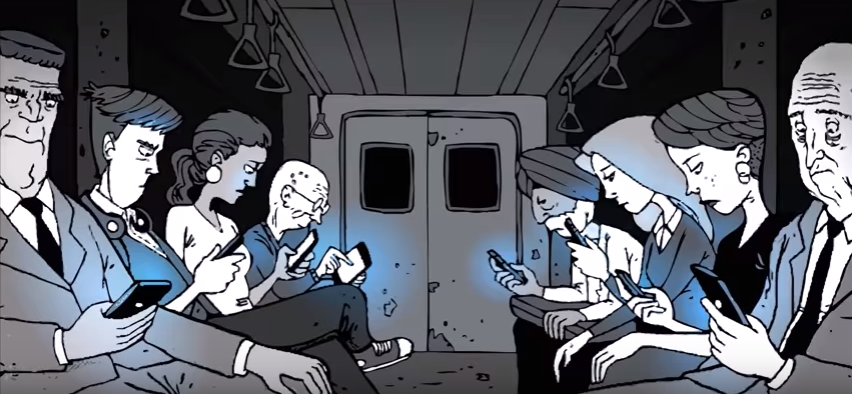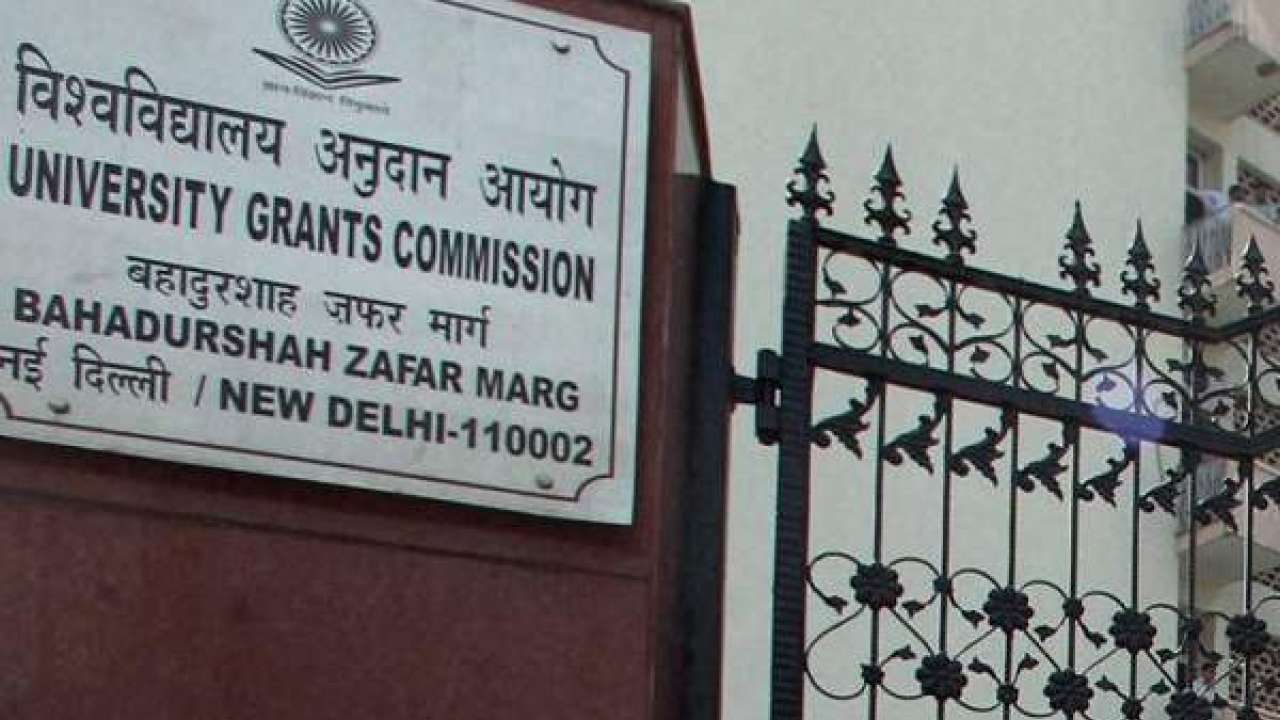What is common between Rohith Vemula, Payal Tadvi, Fathima Latheef, Mark Andrew Charles, Nagashree S.C., and thousands of other students? These were all bright lamps which were extinguished way too soon by the harsh winds in their surroundings. Why do so many students of Indian Institutes of Technology, the most coveted institutions in India for studying engineering, end their lives at a young age? Why are the young depressed?
Latest in the series of data revealed by NCRB (National Crime Records Bureau) for the year 2018 present shocking statistics on student suicides. NCRB is a government agency working under the Ministry of Home Affairs. More than 10,000 suicides were committed in the year 2018 alone. This implies that on an average, 28 students took their lives every single day. Moreover, this figure was the highest for the preceding ten years.

Of the 1.3 lakh plus suicides in the year, nearly 8% were committed by students. This was almost equal to the proportion of suicides by farmers and those engaged in the agricultural sector. Indeed, the increasing instances of farmer and student suicides are a cause of worry and warrant our immediate attention. Suicide, more than being a personal or individual concern, is a social problem. Durkheim would refer to it as a ‘social fact’ as the role of circumstances external to an individual cannot be understated.
What forces young students to take such extreme steps? It all begins with the family. From a very young age, children are forced to stay ‘number one’. Parents want to see their child as a super-kid who is an all-rounder and excels at everything, especially academics. Added to this is a pressure from relatives. It is a matter of status and prestige when the child clears JEE and secured admission at an IIT. There is no end to a student’s woes even after studying for more than twelve hours a day and clearing a mammoth exam at a tender age of 17 or 18. The academic schedules at IIT are so hectic that the student is left with little or no time to pursue one’s hobbies and interests. There is no free time. The competition for scoring a CGPA of 10 and bagging the highest package in the placement season is so intensive that students can barely take the pressure.

Pressure from the family, competition within the classroom, peer pressure, rigorously demanding academic requirements, accompanied by changes in personal life can be too much to take for someone who has just entered college. The dreams and aspirations of a young soul are killed before she tries to end her own life. College is supposed to be a time when a young student explores her potential. But can she do so if she is undergoing emotional turmoil? Inability to ‘catch up’, poor performance in examinations and the social stigma attached with failure are reasons strong enough for a student to call it quits.
Another cause of concern is the alienating environment at universities. The recent attacks on students at AMU, Jamia Millia Islamia and JNU can be a terrifying and alienating experience for a student. If she does not feel safe on her campus and cannot trust anybody around, she might not be able to vent her fears and anxieties. She might become a victim of depression. Far from providing open spaces, our universities are becoming like prisons for students. An insensitive and inconsiderate administration run by incompetent authorities can do much damage to the open and inclusive character of an educational institution.
Ours is a deeply hierarchical society. We are divided by caste, class, religion, language, race, and ethnicity. When educational institutions do nothing to make it an equal arena, they end up emboldening these fault lines. Many students end their lives because they are discriminated on the basis of their subaltern identity. Such suicides are often termed as institutional murders as they reflect the inability of the institution to provide a safe, democratic and equitable space for every student irrespective of her socio-economic background.
As parents, friends, relatives, and concerned human beings, we can do our bit towards helping youth cope up with these changes in their lives. It is important that they share their anxieties and problems. We must understand and support them; we must not let them become another rat in the race. Every child is unique; to expect one’s child to become like somebody else’s is a grave injustice to one’s unique talent and creative potential. It is better to let a thousand flowers bloom than to let little buds wither.

![[Dr. Payal Tadvi And Rohit Vemula] [Dr. Payal Tadvi And Rohit Vemula]](https://www.thenewleam.com/wp-content/uploads/2019/06/Pasted-2.png)












